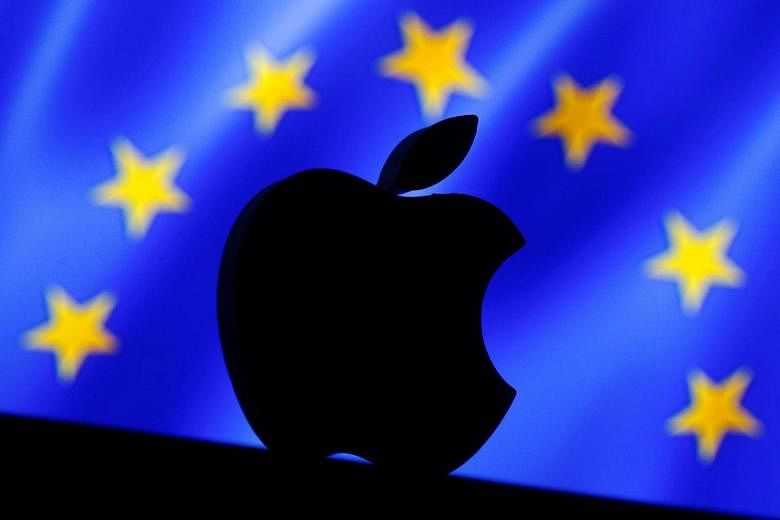WASHINGTON (WASHINGTON POST) - The Treasury Department sought Thursday (Sept 15) to limit the benefits that US companies can claim when they pay taxes overseas, an effort to cushion the blow from Europe's demand that Apple pony up US$14.5 billion (S$19.75 billion) in unpaid taxes.
In new guidance, the department tightened regulations requiring American businesses to bring foreign profits back home - a process known as repatriation - if they want to get credit for taxes paid in that country. Treasury issued the rule last year to prevent companies from enjoying a foreign tax credit when the related profits remained offshore. But businesses circumvented it by shifting money within their foreign subsidiaries, and Thursday's guidance aimed to end that practice.
The department said it hoped the new notice would reduce corporate America's incentive to "take advantage of our broken international tax system." Washington is worried that mounting international tax obligations will eat away at what's left for Uncle Sam.
"Today, we are closing another tax loophole that contributes to the erosion of our tax base," said Mark Mazur, assistant secretary for tax policy at Treasury.
The move is the latest effort by President Barack Obama's administration to pin down the more than US$2 trillion in profits that US companies hold overseas. Unlike most developed countries, the United States taxes businesses on profits generated anywhere in the world - and the bill comes due once the money returns to American shores. That has encouraged many companies to keep their international profits overseas to avoid the hefty 35 per cent tax rate at home.
For years, partisan gridlock has stalled attempts to encourage businesses to repatriate that income and fix the corporate tax code. Meanwhile, Apple has amassed a cash stockpile of more than US$200 billion, most of it offshore. That Brussels could get to it first is salt in the wound for Washington.
Treasury Secretary Jack Lew has accused European officials of singling out American companies for investigation. The European Commission ruled last month that Apple's ultra-low tax rate on its operations in Ireland ran afoul of European Union rules that prevent member countries from offering excessive incentives to businesses. Officials have also investigated other big names such as Starbucks and Amazon for possible tax avoidance.
"People really aren't arguing that Apple should pay more taxes," Apple chief executive Tim Cook said in an interview last month. "They're arguing about who they should be paid to."

